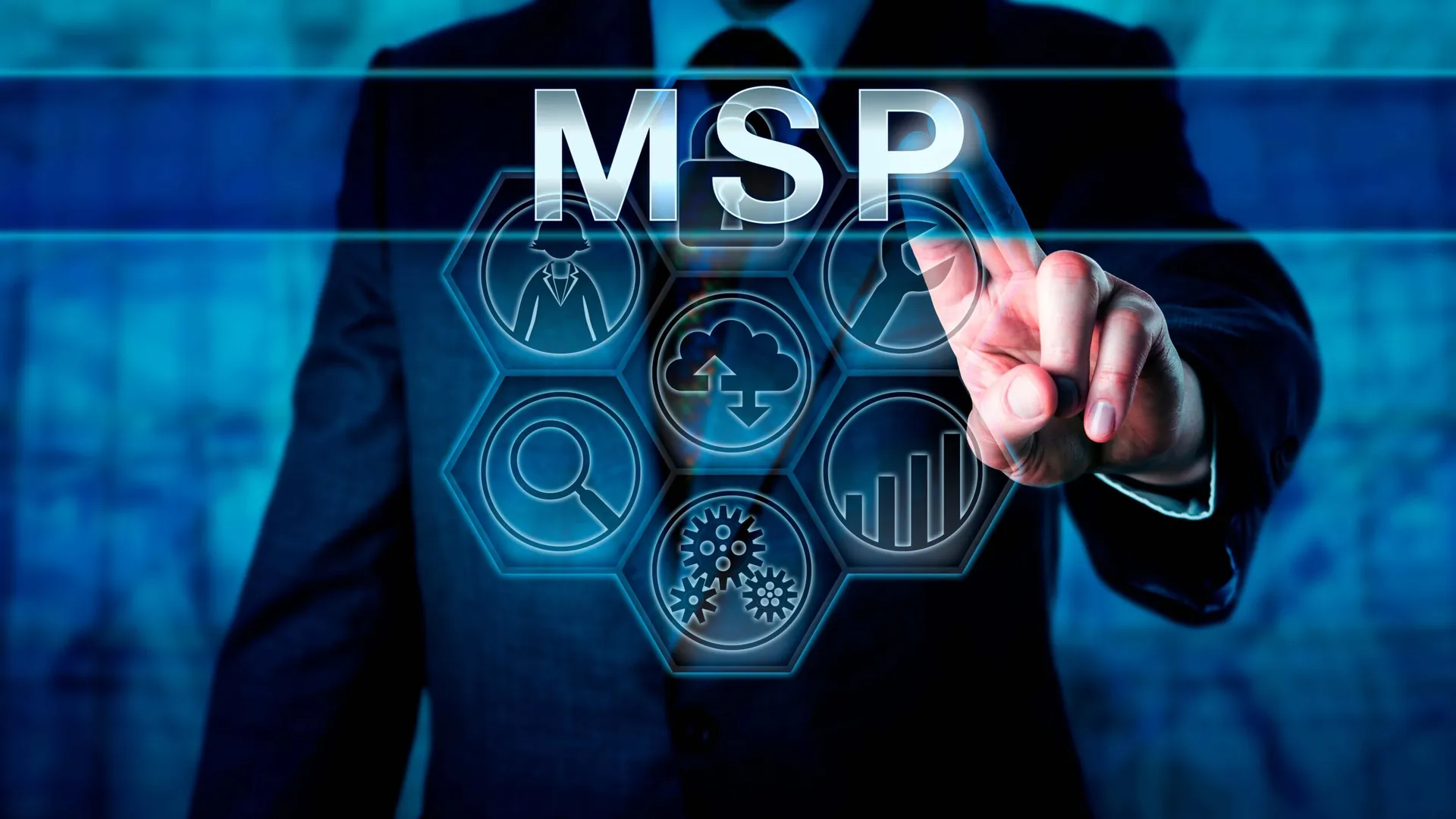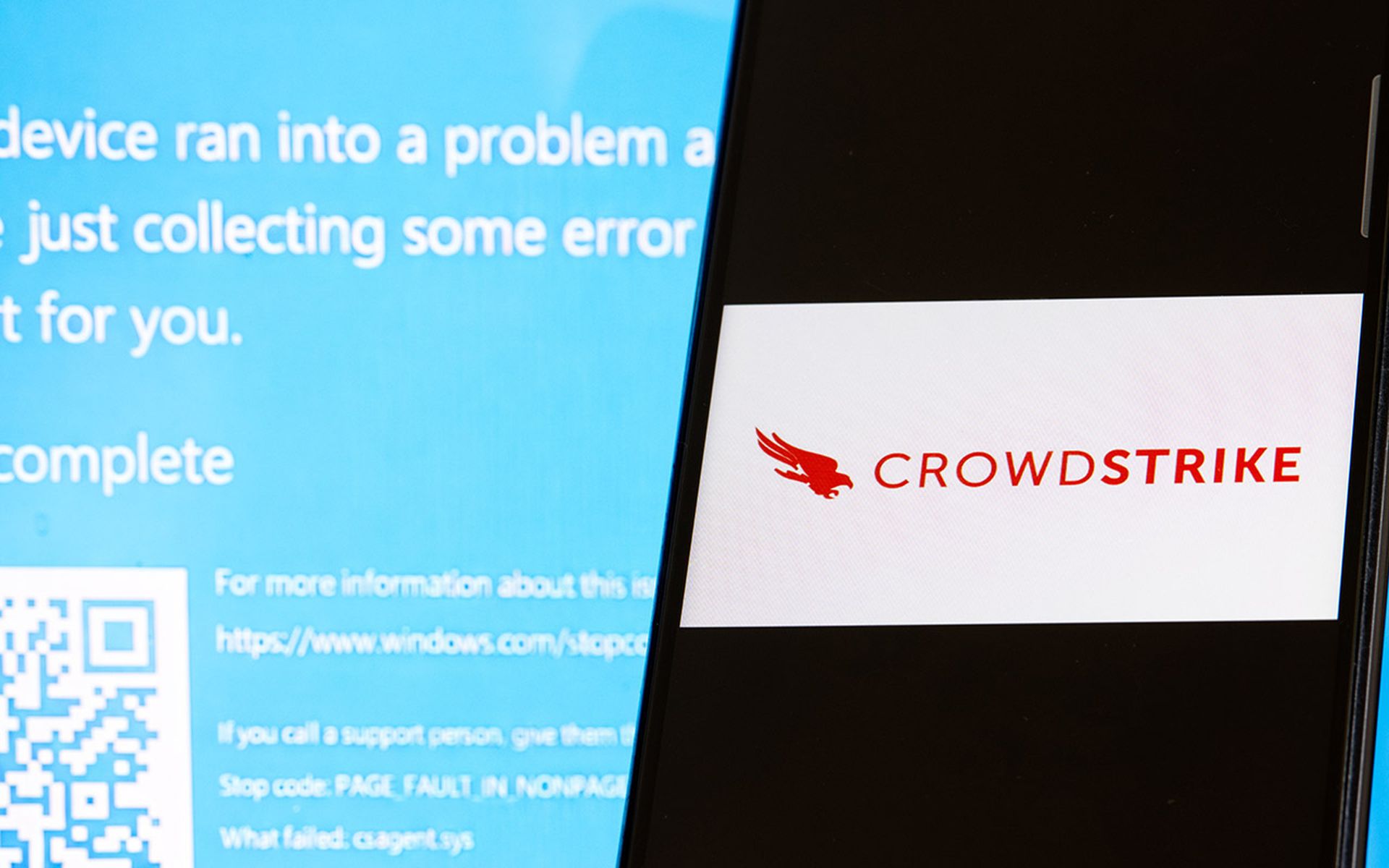It took Tim Conkle, founder and CEO of The 20 MSP, 18 years to make his first million dollars in revenue. Since then, he’s been adding $1 million in revenue every year.
His secret, according to Conkle, was mastering Google's pay-per-click (PPC) ads. This proficiency in digital marketing not only boosted his company's bottom line but also caught the attention of industry peers. Recognizing the value of his expertise, Conkle was encouraged to share his knowledge, leading him to develop a training program for other managed service providers (MSPs). This program aimed to teach them how to use PPC to drive growth and generate leads.
The journey from MSP owner to teacher to platform founder was a circuitous one.
During this period of teaching others how to leverage PPC, Conkle began to see an increasing trend in the sector: Consolidation.
That is, large companies were coming in and buying up MSPs and packaging them together. That led him to the realization that smaller MSPs were at risk of being outcompeted by these larger firms and private equity-backed conglomerates. One of the primary reasons these smaller companies weren’t able to compete was their relative isolation – even though they were using similar tools to the big players, the fact that they were siloed led to inefficiencies and lack of economies of scale.

Conkle imagined a collaborative network of many MSPs, where owners could share wins from one company to the next.
“In other words, why would ten IT companies all have an Azure professional?” Conkle explained to ChannelE2E. “Because what's [the MSP owner] going to do the 90% of the time he’s not using him for Azure? He’s going to use him for mundane things like moving computers or going on-site, and he’s not going to keep that guy very long.”
Instead, Conkle saw a world where MSPs could share labor consumption. For example, if your MSP had an Azure expert but you didn’t have enough work for them to do, another MSP could use that expert for their clients.
This model would allow cooperating MSPs to offer a more competitive and cohesive service across different geographic regions. The 20 MSP aimed to optimize operational costs and enhance service efficiency by pooling resources like labor and technical expertise, thus leveraging shared knowledge and infrastructure to benefit all members of the network.
That initial step led to a company that is now a substantial force in the industry, with over 30 acquisitions and an expanding network of MSPs that operate cohesively under a unified business model.
“I’m a hell of a dreamer,” Conkle joked.
But those dreams have allowed that group of MSPs to effectively compete against large firms and private equity groups. All of which has positioned The 20 MSP as a significant player in the sector, poised for further growth and profits.
Operations and Engagement
Because it grows by acquisition, part of what has made The 20 MSP so successful is that it is able to sidestep many of the bottlenecks found in the traditional due diligence process.
When most firms buy up an MSP, there is a months-long process of pouring over financials, operations, and people to make sure it’s a good investment.
When an MSP joins The 20, they start out by joining “the group.” This allows the MSP to take advantage of any skills or services offered by other team members. It also allows The 20 a firsthand look at the company’s operations.
"We can literally buy a member and within 30 to 60 days, they're completely integrated and done," Conkle said.
The Integration and Onboarding Process
This setup has led The 20 to acquire as many as six businesses in one month, according to Conkle. “It's because 80% of everything is already done; 80% of integration, 80% of due diligence, 80% of everything is done,” he said.
In order for an MSP to get to the point where they can be acquired, they need to make around $1 million in revenue. They also need to have taken part in the community, explained Conkle.
“If they're not willing to change, if they're not willing to integrate into the community, they're of no use to us,” he said.
This arrangement allows companies with less than $1 million in revenue to join the group, use the group’s resources to increase their standing and grow to the point where they’re able to sell, all while learning The 20’s systems and processes and integrating them into their own.
Gary Blawat sold his company to The 20 in 2022 after joining the group in 2018.
“I was immediately connected to this membership or family,” he told ChannelE2E. “We're helping each other. We can reach out when we need assistance. I mean, there's tons of stories of partners who came across an account that got compromised … and they reached out to the pool and we were all there.”
It was a big change, according to Blawat.
"You really think you're doing well as a small MSP, but when you look at the impact of everything you have to try to manage, you realize you can only really do it with good scale," he said.
This realization led to him selling to The 20 and taking on a new role where he could focus on leveraging his strengths, transitioning from owner to VP of sales operations and procurement.
"The harder part for me is, I don't have to be an octopus anymore and do it all. We actually have nice sandboxes we can play in," Blawat said.
This isn’t an uncommon outcome, according to Conkle. Many of the former MSP owners find another role within The 20 after they sell. Conkle said he looks to identify each owner's strength and put that to its best use within the larger group.
“When we roll them up, I'm really looking for the magic of that owner. If he's a genius at operating, you make him an operator, not a sales guy. Because that's not his magic,” he says.
Perhaps even more impressively, Conkle claims that The 20 has never lost an employee during an acquisition.
Competitive Edge
Each of these factors – no due diligence necessary, no integration necessary, strong employee retention, and owners who stick around – provide a competitive advantage to the 20. But none of those are as important to the fact that the company can universally apply its standards across every member of its group.
"Think about standards. Is it easier to come up with a standard if you're a standalone company? Or is it easier to come up with standards if you've got 150 IT companies that all put their knowledge into a bucket?" he said.
Exit Strategy and Future Vision
Looking at his own exit timeline, Conkle is more preoccupied with practicality than by dreaming.
When asked at what point he would sell the company, he smiled and began to talk about interest rates and timing.
“You really have got to stay in tune with what’s going on,” he said. “Interest rates have got to be high; money has to be pretty fluid.”
The process of selling a company involves both an artistic touch and a bit of guesswork, which can be quite unpredictable, according to Conkle. He shared an example from his own experience where he sold a company before the onset of the COVID-19 pandemic, retaining a 5% stake. This company is expected to be sold again soon, which will provide another financial benefit. This cycle of selling and reselling is typical within The 20 MSP, where members continue to operate and benefit collectively. Each sale provides an opportunity for reinvestment and profit sharing among the members, creating a cycle that can be repeated until someone chooses to retire. According to Conkle, this model is particularly advantageous for younger entrepreneurs, serving as a strategic stepping stone to achieve long-term financial goals.
Some acquisitions have included Drivetech, Accurate Computer Solutions (ACS), and Blue Cactus Consulting in March 2024; Data Tech Café in February 2024, and Dallas Network Services and Integrated Business Technologies (IBT) in February 2023. In April, The 20 acquired UNI Computers (Kansas), CyberSecure IT Solutions (Florida), and The Computing Edge (Oklahoma). These three acquisitions were part of a buying spree that began in 2022 when the company acquired 13 businesses.
The 20 continues to pursue an aggressive M&A strategy and plans to continue its acquisition momentum throughout 2024.
By reshaping traditional business approaches with shared resources and pooled expertise, Conkle has not only broadened the competitive landscape but also introduced a viable alternative to private equity and other industrial buyers.
This strategy not only ensures the ongoing advancement of The 20 MSP but also offers a valuable blueprint for other MSPs navigating the challenges of industry consolidation.
It took Conkle 18 years to hit $1 million in revenue. Now he’s helping others make their millions as they sell to The 20.




